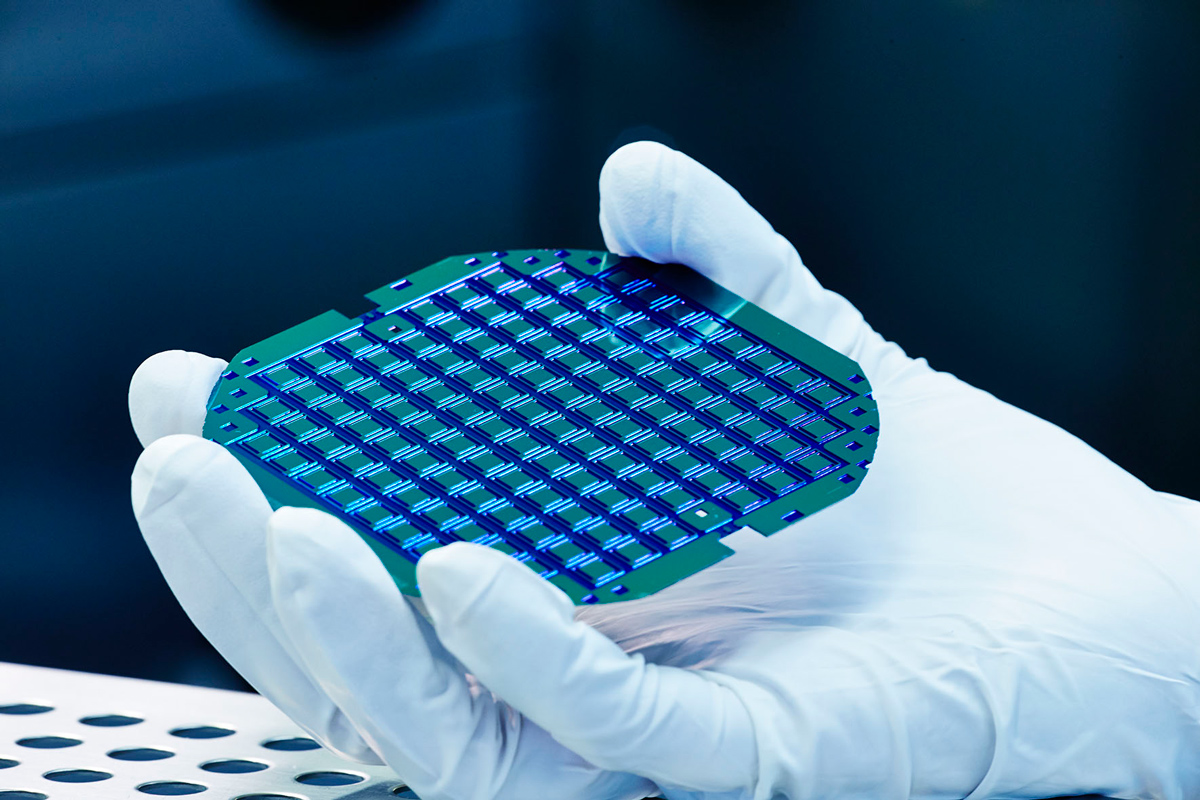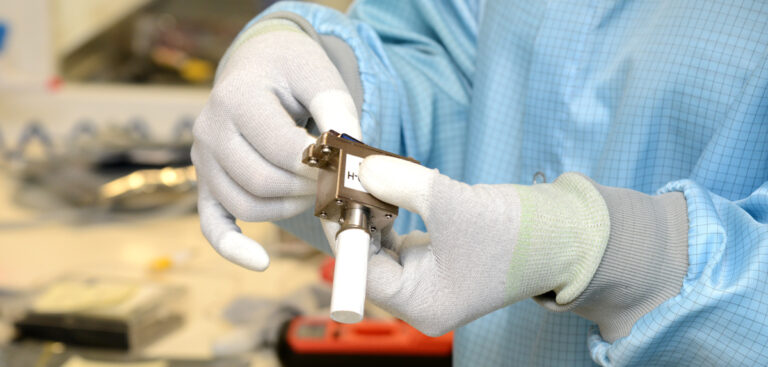The Mars 2020 mission is part of NASA’s Mars Exploration Program. In order to obtain data from the surface from the Red Planet, NASA has selected partners to provide measurement instruments for installation on the Mars Perseverance rover. One of these is a Spanish-led European consortium that supplies the rover with its Mars Environmental Dynamics Analyzer (MEDA) – a set of sensors that record measurements of temperature, windspeed and direction, pressure, relative humidity, and the amount and size of dust particles.
The Finnish Meteorological Institute (FMI), part of the consortium, has supplied instrumentation based on Finnish specialist Vaisala’s sensors, to MEDA for the measurement of humidity and pressure. The pressure and humidity measurement devices developed by FMI are similar to but more advanced than the ones sent to Mars on the first Curiosity rover in 2012.
While working on Mars, the Curiosity and the new Perseverance rovers will form a small-scale observation network. NASA said this network is only the first step and is anticipating an extensive observation network on Mars in the future.
“Mars, as well as Venus, the other sister planet of Earth, is a particularly important area of atmospheric investigations due to its similarities to Earth. Studying Mars helps us also better understand the behavior of Earth’s atmosphere”, commented Maria Genzer, head of planetary research and space technology group, FMI.
In the extreme conditions of the Martian atmosphere, NASA will be able to obtain readings of pressure and humidity levels with Vaisala’s HUMICAP and BAROCAP sensors. These sensors’ long-term stability and accuracy, as well as their ability to tolerate dust, chemicals, and harsh environmental conditions, make them suitable for this task.
The humidity measurement device MEDA HS, developed by FMI for Perseverance, utilizes standard HUMICAP humidity sensors. These are capacitive thin-film polymer sensors consisting of a substrate on which a thin film of polymer is deposited between two conductive electrodes. The humidity sensor on board is a new generation sensor, with performance optimized for the low-pressure conditions expected on the red planet.
In addition to humidity measurements, FMI has developed a device for pressure measurement, MEDA PS, which uses customized BAROCAP pressure sensors, again optimized to operate in the Martian climate. These are silicon-based micromechanical pressure sensors that offer reliable performance in a wide variety of applications, from meteorology to pressure-sensitive industrial equipment in the semiconductor industry and laboratory pressure standard measurements. These sensors feature low hysteresis combined with high accuracy and long-term stability, both essential for measurements in space.




